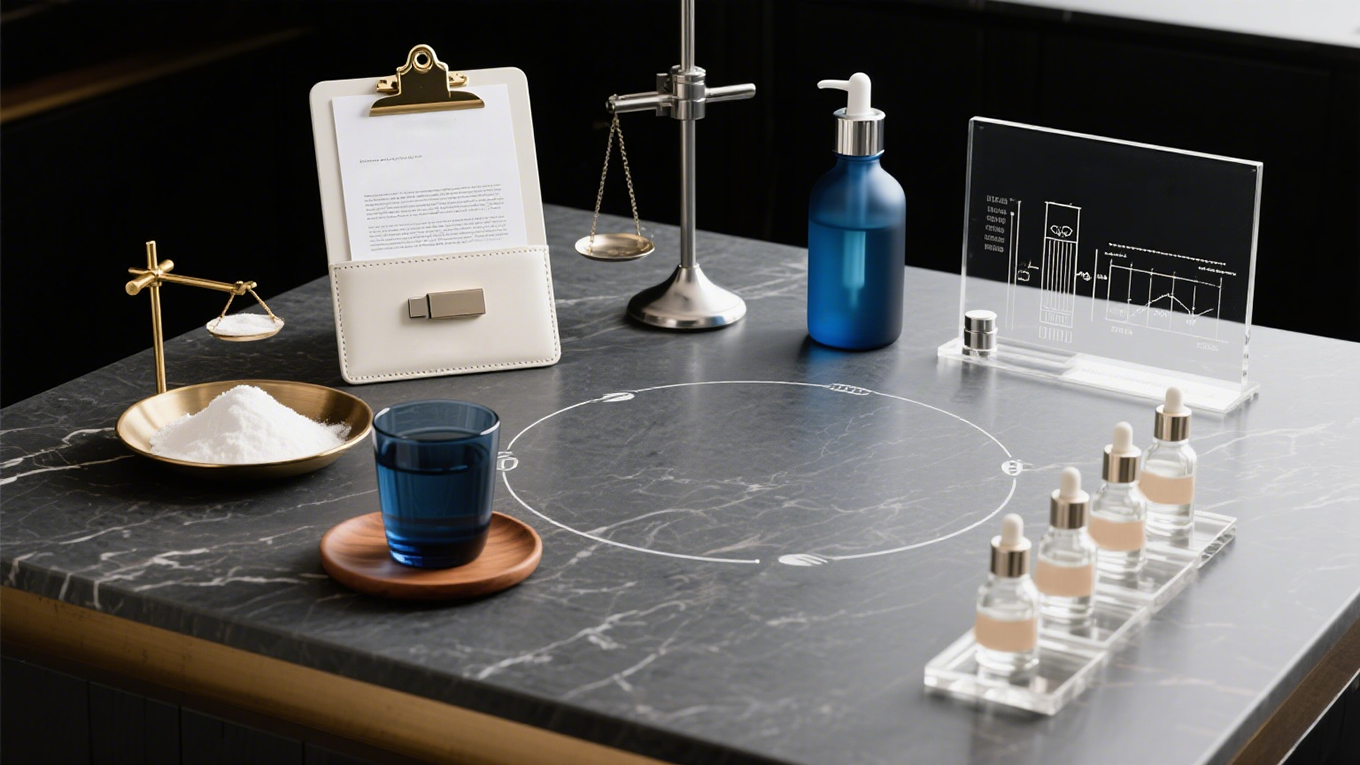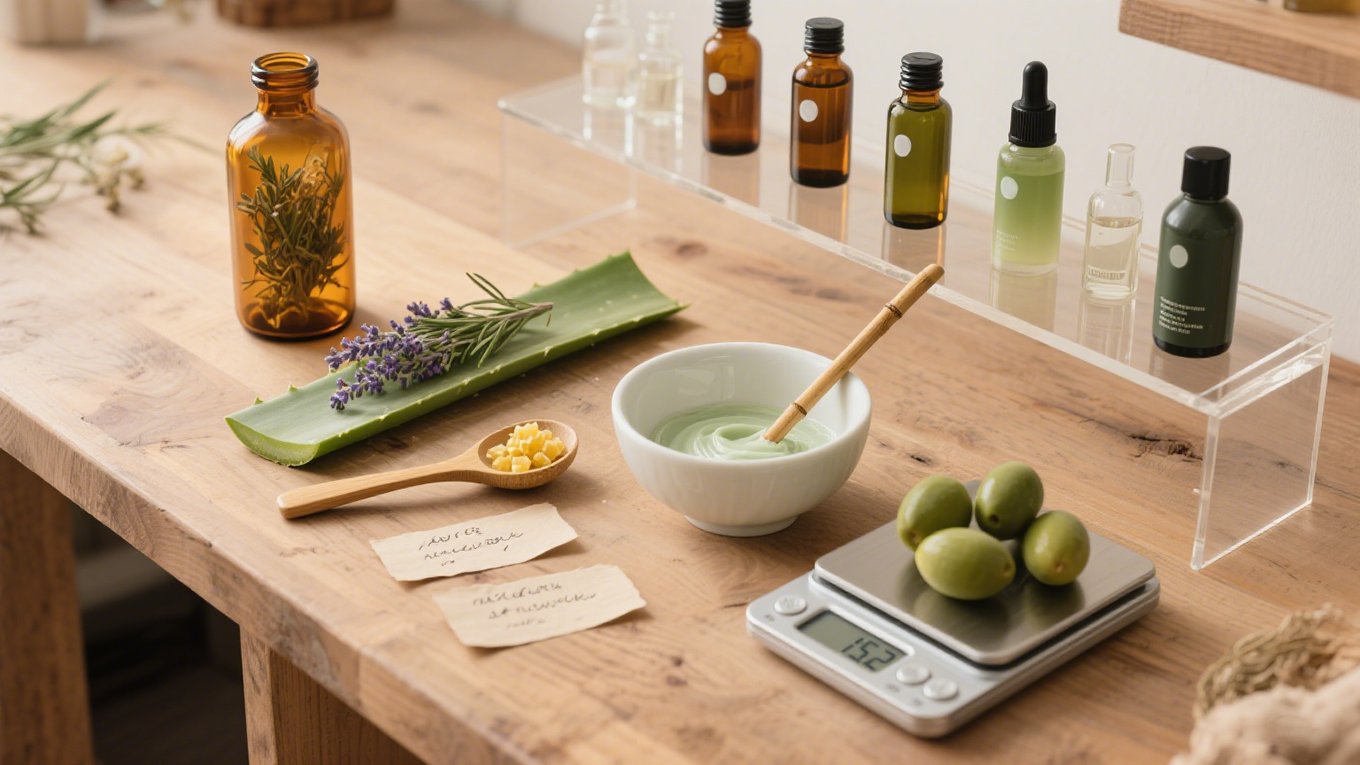In 2025, private label cosmetics continue to redefine the beauty industry, offering brands unprecedented opportunities to create unique product lines without the heavy investment in manufacturing infrastructure. Private labeling allows beauty entrepreneurs to focus on brand development, marketing, and customer engagement while leveraging the expertise of established manufacturers to produce high-quality, ready-to-market cosmetic products. ZM Beauty Supply provides a robust platform for brands aiming to tap into this booming market with fully customizable solutions tailored to their vision.
Understanding Private Label Cosmetics
Private label cosmetics are products manufactured by a third-party company but sold under a brand’s own name. This model allows brands to:
- Reduce Production Costs: By partnering with experienced manufacturers, brands avoid the expense of setting up production lines.
- Accelerate Time-to-Market: Ready-made formulas can be customized quickly, enabling brands to respond to trends faster.
- Focus on Branding and Marketing: Brands can concentrate resources on developing a compelling identity and engaging marketing campaigns.
- Offer High-Quality Products: Established manufacturers often have access to superior ingredients, state-of-the-art facilities, and regulatory expertise.
The rise of private label cosmetics is fueled by consumer demand for personalized, diverse, and high-quality products. In a competitive market, brands that differentiate themselves through unique formulations, packaging, and marketing strategies stand out.
Key Advantages of Private Label Cosmetics for Brands
1. Customization and Flexibility
Private label cosmetics enable brands to create products that align with their target audience’s preferences. From lipsticks to skincare serums, brands can choose:
- Formulation: Select ingredients based on trends, skin type requirements, or ethical considerations such as vegan and cruelty-free certifications.
- Packaging: Design visually appealing packaging that reflects brand identity, including sustainable and eco-friendly options.
- Product Range: Expand or narrow product lines based on consumer demand without committing to mass production.
2. Cost-Effective Market Entry
Starting a cosmetic line traditionally requires substantial investment in labs, equipment, and R&D. Private labeling minimizes upfront costs while providing high-quality products, allowing startups and small businesses to compete with established brands.
3. Speed to Market
In the fast-paced beauty industry, timing is critical. Private label manufacturers offer ready-to-go formulas, reducing the time needed for product development. This agility allows brands to capitalize on seasonal trends, influencer-driven fads, or emerging market opportunities.
4. Regulatory Compliance and Quality Assurance
Navigating cosmetic regulations can be complex and time-consuming. Experienced private label manufacturers ensure compliance with international safety and quality standards, including:
- Ingredient Safety Regulations
- Packaging and Labeling Guidelines
- Product Testing Protocols
By leveraging these resources, brands avoid potential legal and financial pitfalls.
Steps to Launch a Successful Private Label Cosmetics Line
Launching a private label cosmetics brand requires strategic planning and careful execution. Below is a detailed roadmap:
Step 1: Market Research and Audience Analysis
Understanding your target audience is fundamental. Identify demographics, purchasing behaviors, preferences, and pain points. Key factors to analyze include:
- Age, gender, and lifestyle of potential customers
- Popular cosmetic trends in your niche
- Competitor product offerings and pricing strategies
Market research informs product selection, packaging design, and marketing approach.
Step 2: Selecting the Right Private Label Manufacturer
Choosing a reliable manufacturer is critical to your brand’s success. Consider the following:
- Experience and Expertise: Does the manufacturer specialize in your desired product category?
- Customization Options: Can they accommodate your preferred formulations, packaging designs, and product sizes?
- Quality Standards: Are they compliant with international safety regulations and quality assurance protocols?
- Production Capacity: Can they scale production to meet demand fluctuations?
ZM Beauty Supply offers tailored private label solutions, guiding brands through every step of the manufacturing process while ensuring high-quality output.
Step 3: Product Formulation and Testing
Once a manufacturer is selected, work closely to define the product’s formula. Key considerations include:
- Ingredient Selection: Incorporate trending, effective, and safe ingredients that resonate with your audience.
- Texture and Performance: Test formulations for application, absorption, longevity, and finish.
- Safety Testing: Conduct dermatological and stability testing to ensure reliability and compliance.
Step 4: Branding and Packaging Design
Packaging serves as the first impression of your product. Brands should focus on:
- Visual Identity: Colors, fonts, and logo design that communicate your brand’s story.
- Functionality: User-friendly design, travel-size options, and refillable packaging for sustainability.
- Differentiation: Unique shapes, limited-edition collaborations, or personalized engravings to stand out in the market.
Step 5: Marketing and Launch Strategy
Effective marketing amplifies brand visibility and drives sales. Strategies include:
- Social Media Campaigns: Leverage Instagram, TikTok, and YouTube to showcase products.
- Influencer Partnerships: Collaborate with beauty influencers to create authentic endorsements.
- E-commerce Optimization: Ensure product listings are compelling, informative, and optimized for search engines.
- Promotional Activities: Offer introductory discounts, bundle deals, or exclusive launches to generate excitement.
Step 6: Customer Feedback and Product Iteration
Collecting feedback is essential to refine your offerings. Monitor reviews, social media engagement, and sales performance to identify areas for improvement. Iterating based on customer insights strengthens brand loyalty and drives long-term success.
Trends Shaping Private Label Cosmetics in 2025
Several trends are influencing the private label cosmetics market:
- Sustainability: Consumers increasingly favor eco-friendly ingredients and recyclable packaging.
- Inclusivity: Diverse shade ranges and formulations catering to various skin types enhance market reach.
- Tech Integration: Augmented reality apps, virtual try-ons, and AI-driven product recommendations enhance the shopping experience.
- Clean Beauty and Natural Ingredients: Brands using plant-based, vegan, and non-toxic formulations gain consumer trust and preference.
Challenges and Considerations
While private labeling offers numerous benefits, brands must navigate potential challenges:
- Balancing Quality and Cost: Premium ingredients and innovative packaging increase production costs.
- Brand Differentiation: Standing out in a saturated market requires a unique value proposition.
- Supply Chain Management: Reliable sourcing and timely delivery are crucial for maintaining product availability.
- Regulatory Compliance: Adhering to safety and labeling standards across different regions requires diligence.
Private label cosmetics represent a powerful opportunity for beauty brands in 2025, combining flexibility, cost efficiency, and market agility. By leveraging expert manufacturers like ZM Beauty Supply, brands can focus on creating a unique identity, connecting with their audience, and delivering high-quality, customizable products. Staying attuned to market trends, consumer preferences, and regulatory standards ensures sustainable growth and a competitive edge in the dynamic beauty industry.



